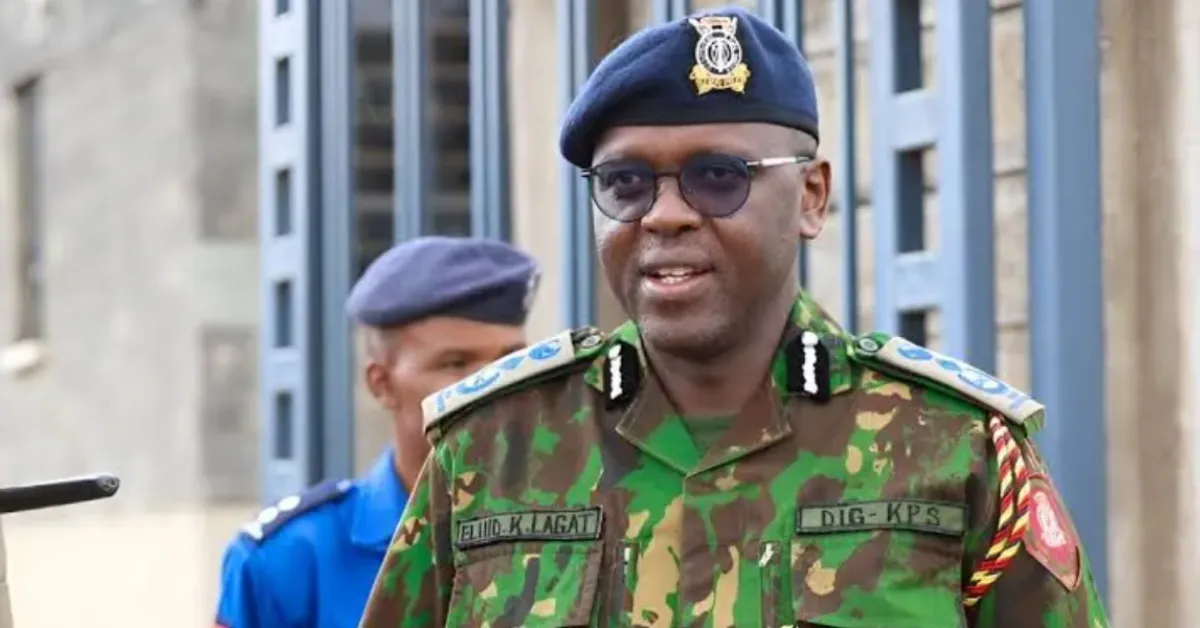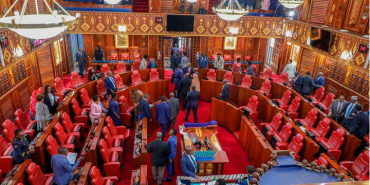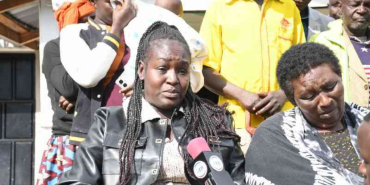Lagat Resumes Office After IPOA Clears Him in Ojwang Case

Deputy Inspector-General (DIG) of Police Eliud Lagat has resumed his duties at Vigilance House, Nairobi, after an 18-day absence prompted by the death of teacher and blogger Albert Ojwang while in police custody.
The return occurs as the High Court considers a petition challenging the legality of both his temporary departure and subsequent reinstatement. Inspector-General Douglas Kanja confirmed Lagat's return. Lagat initially stepped aside on 16 June, a move characterised as demonstrating accountability and facilitating an impartial investigation by the Independent Policing Oversight Authority (IPOA). This action came amid significant public pressure and widespread speculation regarding his role in Ojwang’s arrest and alleged assault.
Ojwang died shortly after being detained at Nairobi’s Central Police Station. Before his departure, Lagat held a closed-door meeting with senior police officers, where he announced that his principal deputy, Patrick Tito, would assume his responsibilities in an acting capacity. However, the legality of Lagat's temporary exit and Tito's appointment are now under judicial scrutiny. A petition filed by UK-based activist Eliud Karanja Matindi argues that Lagat’s decision to "step aside" effectively constitutes a resignation under Section 12 of the National Police Service Act.
Matindi contends that the National Police Service Commission (NPSC) failed in its constitutional duty by allowing Lagat to determine the terms of his own accountability, thereby circumventing formal disciplinary procedures. Matindi’s case, now before Justice Chacha Mwita at the Milimani High Court, seeks a declaration that the DIG post is vacant and that Lagat’s delegation of authority to Tito was unconstitutional. The petition also names the Attorney-General, the NPSC, and several civil society organisations as respondents and interested parties, arguing a broader constitutional crisis within the police service.
IG Kanja said, "I hope to see him back at the office today because he has been cleared by all the investigations.”
IPOA, declining public comment due to the matter's active status in court, reportedly found no direct link between Lagat and the fatal assault on Ojwang. Sources familiar with the investigation suggest that Lagat was not implicated in the physical abuse that led to the blogger’s death.
Ojwang, a 31-year-old teacher and political commentator, was arrested in early June following a complaint filed by Lagat over alleged online defamation. He was transferred from Homa Bay to Nairobi, where he died in custody. A post-mortem examination revealed injuries consistent with blunt force trauma. The case has since led to murder charges against several individuals, including Central Police Station OCS Samson Talaam and two police constables. Civilian suspects have also been arraigned.
Lagat’s legal team, led by Nairobi-based lawyer Cecil Miller, maintains that the DIG’s departure was temporary and made in good faith. They argue that the move was intended to uphold the integrity of the investigation and should not be construed as a resignation. The defence is expected to file a formal response to Matindi’s petition by 23 July, as directed by the court. The activist’s challenge also questions the legitimacy of Tito’s appointment as acting DIG, asserting that only the NPSC has the constitutional mandate to make such appointments.
“Under the Constitution, there can only be one DIG, Kenya Police Service at any one time,” Matindi argues, describing the dual leadership arrangement as a “gross violation” of the law.
Interior Cabinet Secretary Kipchumba Murkomen previously defended Lagat, describing him as a seasoned officer capable of navigating complex investigations. “Let’s allow IPOA to do its job,” Murkomen said during a press briefing in June, downplaying the likelihood of Lagat stepping aside.














Add new comment